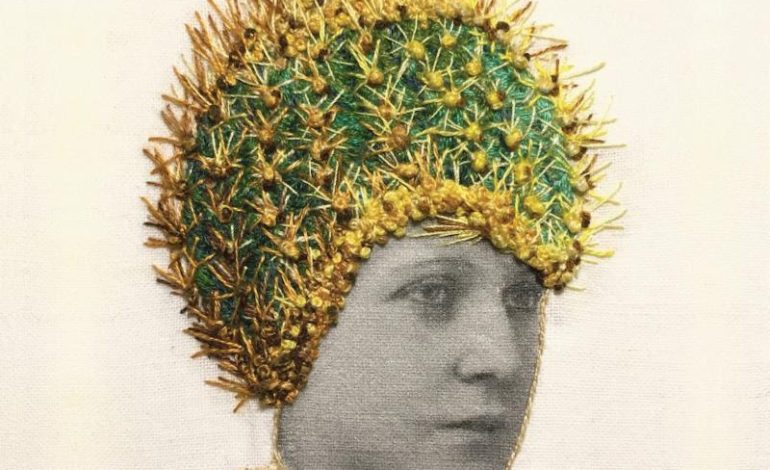

From darkness to light
You may have heard Guster on your favorite TV show or movie from the mid-2000s, as the band reached its peak at the height of indie-rock, alongside contemporaries like The Shins, Dave Matthews Band and The Decemberists. “Satellite,” off of the band’s fifth album especially, has been featured on multiple commercials, movies and even the hit teen drama The O.C. Having previously released seven albums since 1995, the Boston-based alternative ensemble made up by Adam Garner, Ryan Miller and Brian Rosenworcel, Guster released their eighth studio album titled Look Alive in January.
Following a career spanning almost fifteen years, the band has never failed to deliver a myriad of catchy melodies to its fanbase. Their latest album stands in good company with their previous albums, however, it hints at a broad theme that is subtle, but rife with complexities. The cover art on Look Alive depicts a man wearing a cactus hat or donning spiky cactus hair rather, which would imply the inherent nature of an individual who safeguards themselves from the world, keeping everything and everyone at a safe distance. The songs on the album follow suit, by narrating the journey of such a person, from the pits of despair to ecstasy.
Released as singles, the first three songs on the album: “Look Alive,” “Don’t Go” and “Hard Times” portray the hard times in life and the tendency to focus on the negativities. In “Look Alive,” symphonic sounds and a dramatic piano melody serve as background to the narration of one’s struggle to do more than just go through the motions. They talk about the “sun coming up, the world beginning to shake” and “fault lines exposing one’s mistakes.” “Don’t Go” also illustrates the fight against nitpicking for problems, this time in one’s relationship, but challenges this tendency by asking “don’t go making something out of nothing, what do you think it will change?”
The album then moves to a lighter note with “Hello Mister Sun” and “Overexcited” which display the happier simplicities in life. The first, acknowledging that “shadows visit everyone,” describes the joy in the physical interaction with the sun which “makes us happy and warm,” while the latter emphasizes the delight in having a crush and being overexcited because “my god we’re shoulder to shoulder!”
The next four songs illustrate an individual liberation through community and partnership. “Summertime” testifies to the fact that we are all “battered and broken” but that we can overcome by “grabbing the hand of a stranger,” while “Terrified” further emphasizes this fact by recognizing that “everybody’s got it hard…we’re all terrified.” These illuminations carry listeners to further realize that “there is a light at the top of this hole,” as described in “Mind Kontrol.”
Finally, in “Not for Nothing,” these discoveries culminate into one’s release of self-sabotage, because “sooner or later everything we have we’ll lose.” Instead of taking this in a negative direction of nihilism and despair, Guster communicates that it is exactly the fact that we only have one chance to prove ourselves that should empower us, rendering us “unstoppable,” because… what do we have to lose?
